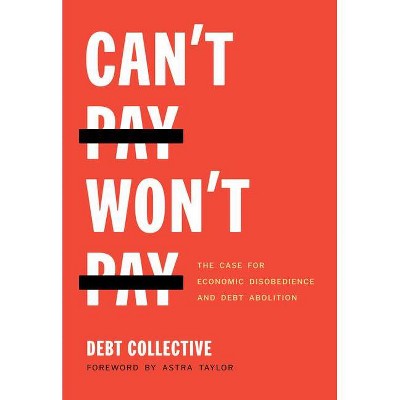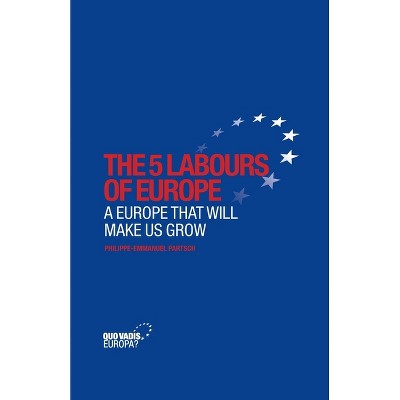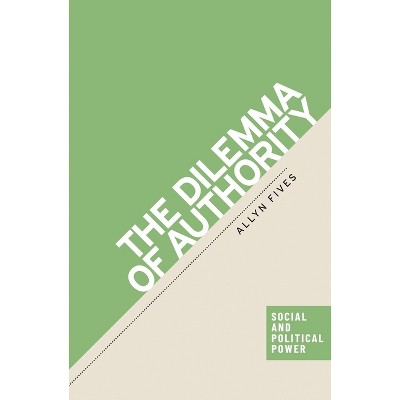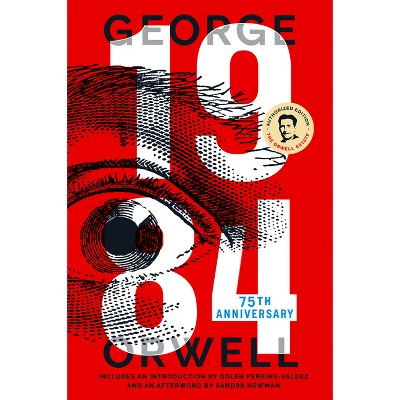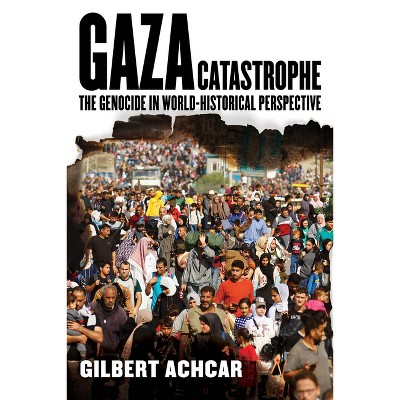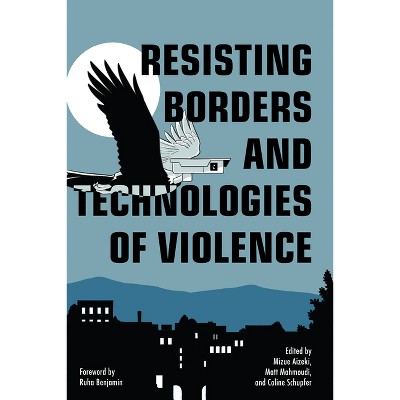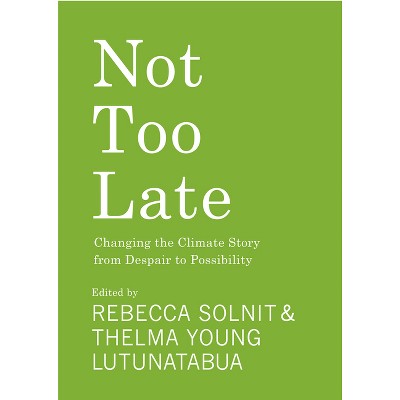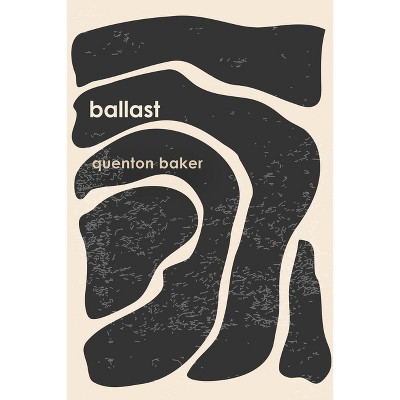Sponsored

The New Cold War - by Gilbert Achcar (Paperback)
In Stock
Sponsored
About this item
Highlights
- A leading international relations expert uncovers the key stages that led from the end of the Cold War to the War in Ukraine.
- About the Author: Gilbert Achcar is Professor of Development Studies and International Relations at SOAS, University of London.
- 376 Pages
- Political Science, Imperialism
Description
About the Book
"In the wake of the 1999 Kosovo War, Gilbert Achcar argued that the world had entered a New Cold War, characterized by a state of permanent readiness for war on the part of the United States, Russia, and China. Archcar's analysis proved remarkably prescient. In the years since, the US has positioned itself as a global hegemon, China has become an economic powerhouse allied with Russia, and Russia had launched pre-emptive wars to block NATO, culminating in Vladimir Putin's murderous invasion of Ukraine in 2002. How did we get here? As Achcar details in The New Cold War, the rivalries of the Cold War didn't disappear with the collapse of the Soviet Union; they simply mutated into new forms. Frighteningly, the New Cold War has become increasingly hot in the European theater, ratcheting up tensions in ways with which we have yet to reckon. With erudition and sobering analysis, Achcar argues that only by understanding this new landscape can we begin to imagine the contours of an alternative, more peaceful world"--Page [4] of cover.Book Synopsis
A leading international relations expert uncovers the key stages that led from the end of the Cold War to the War in Ukraine.
With the Russian invasion of Ukraine in 2022, warnings of a new Cold War proliferated. In fact, argues Gilbert Achcar in this timely new account, the New Cold War has been ongoing since the late 1990s.
Racing to solidify its position as the last remaining superpower, the US alienated Russia and China, pushing them closer and rebooting the 'old' Cold War with disastrous implications. Vladimir Putin's consequent rise and imperialist reinvention, along with Xi Jinping's own ascendancy and increasingly autocratic tendencies, would culminate, respectively, in the invasion of Ukraine and mounting tensions over Taiwan and trade.
Was all this inevitable? What comes after Ukraine, and what might the contours of a more peaceful world look like? These questions and many others are addressed in this essential book by one of the most seasoned analysts of international relations.
With erudition and sobering analysis, Achcar argues that only by understanding this new landscape can we begin to imagine the contours of an alternative, more peaceful world.
Review Quotes
"[Achcar's] book can be, I believe, of considerable value for efforts to understand the war in Ukraine in a more complex, dialectical manner, one that could help to repair the current divide in the Left over the war." --Daniel Egan, Socialism and Democracy
"Gilbert Achcar has long been warning of a new Cold War, and this volume is perfectly timed to anatomise the newest stage of the conflict. No one who hopes to move beyond complacent rhetoric and slogans can afford to miss this essential book." --Samuel Moyn, Yale University
Praise for the work of Gilbert Achcar:
"One of the best analysts of the contemporary Arab world." --Le Monde
"A sobering yet generous account of the Arab people's fight for true liberation and the lessons that have been learned from that struggle." --Jacobin (for Morbid Symptoms)
About the Author
Gilbert Achcar is Professor of Development Studies and International Relations at SOAS, University of London. He is a frequent contributor to publications including The Nation, Jacobin and Le Monde diplomatique. His books include Perilous Power: The Middle East and U.S. Foreign Policy, co-authored with Noam Chomsky; The Arabs and the Holocaust: The Arab-Israeli War of Narratives; Marxism, Orientalism, Cosmopolitanism; and The People Want: A Radical Exploration of the Arab Uprising.
Shipping details
Return details
Trending Non-Fiction




